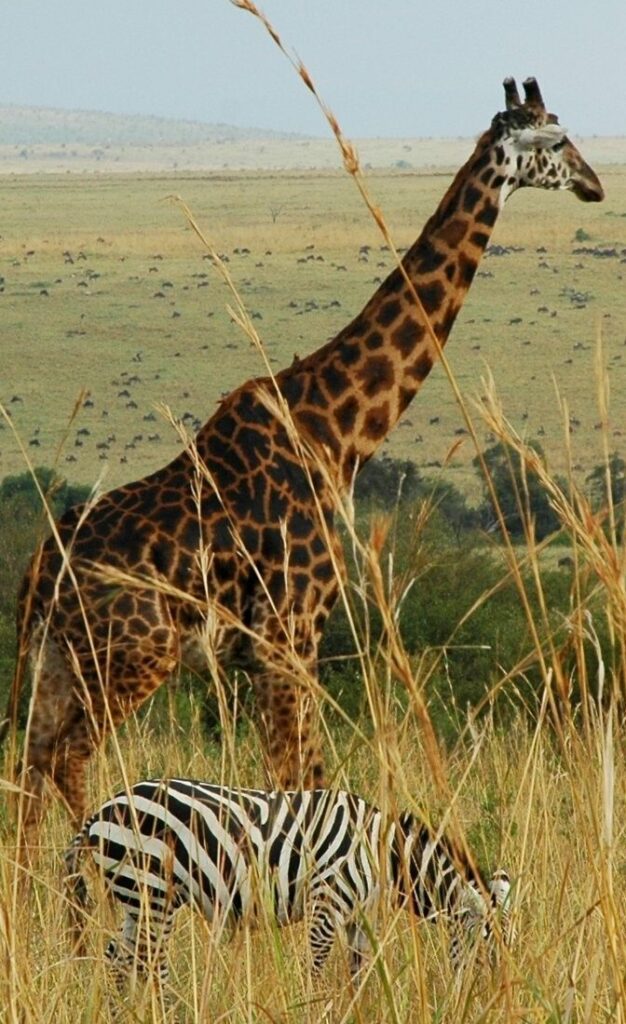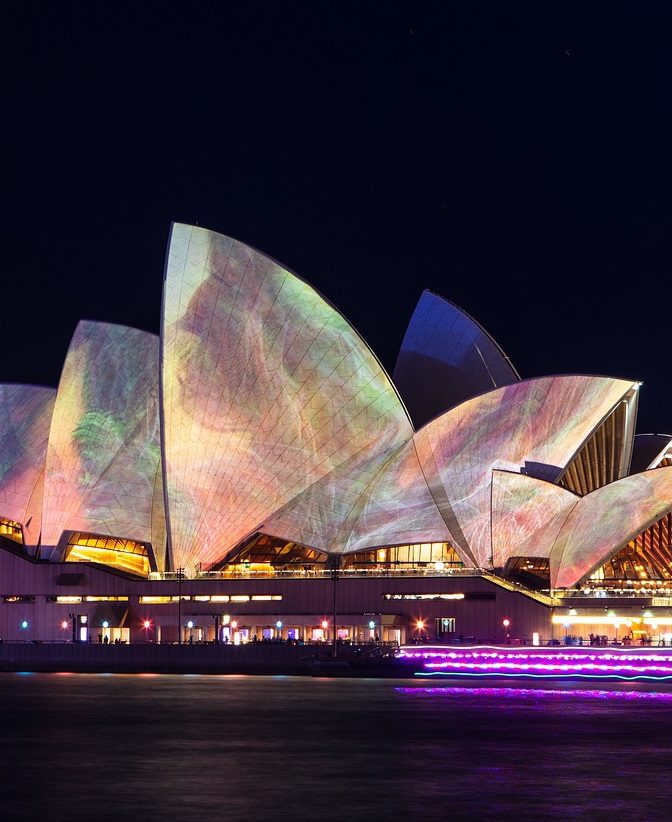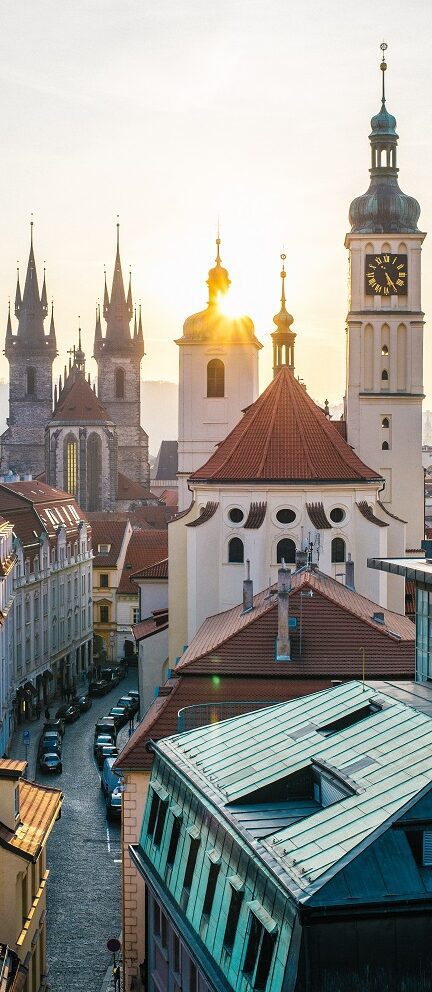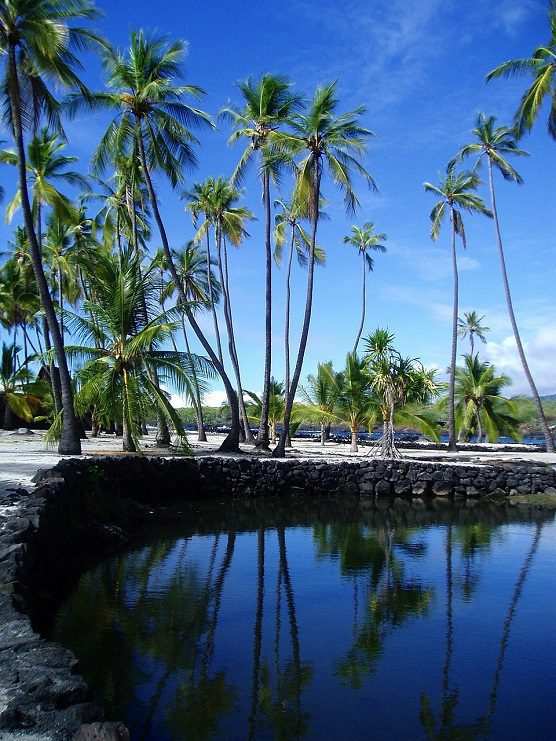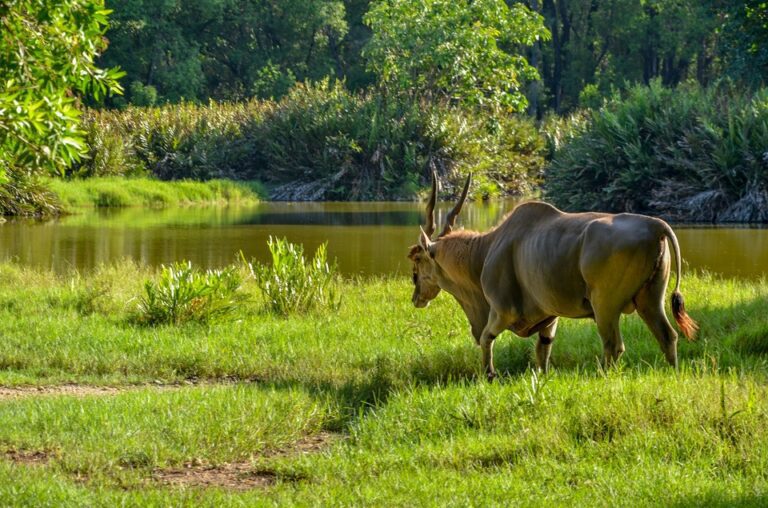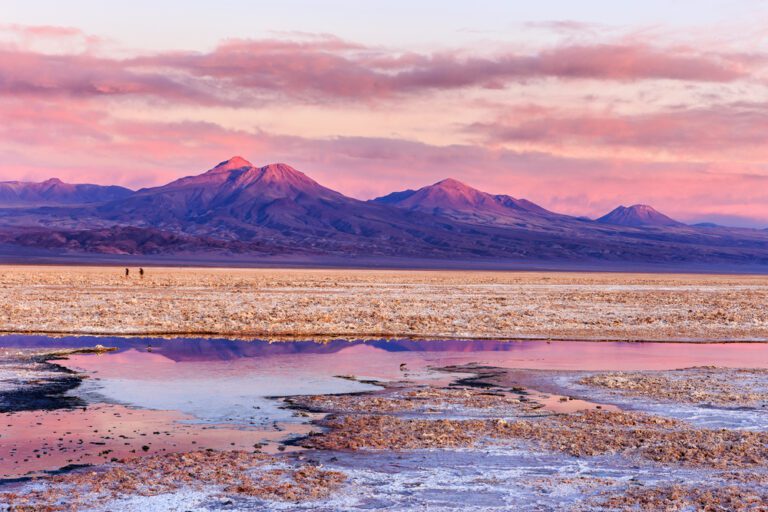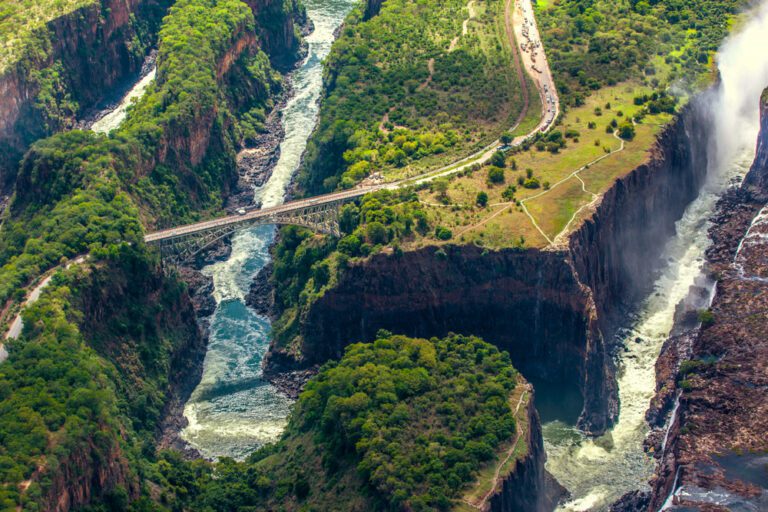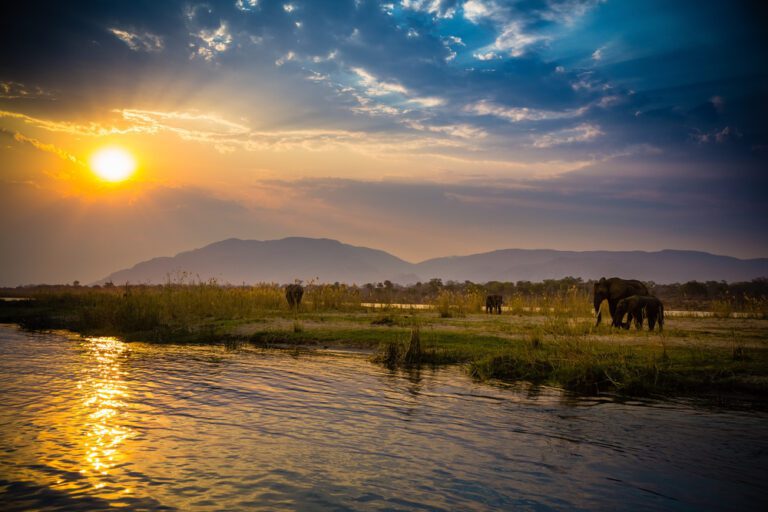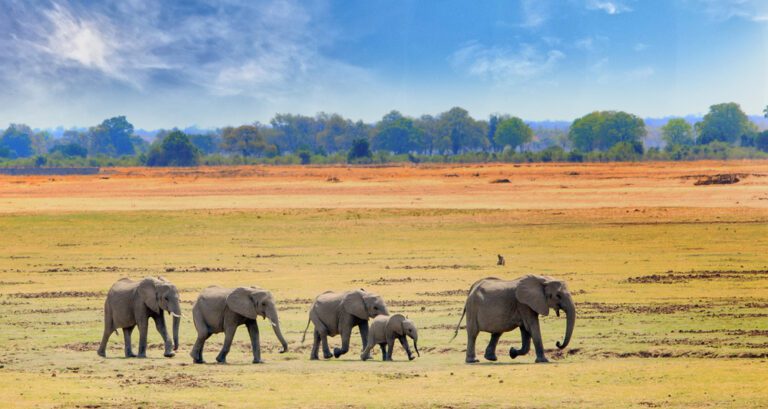Travelling by boat is the best way to see those parts of the world that are otherwise out of bounds, or at least difficult to navigate any other way – the remote Scottish Western Isles, the Galapagos, Spitsbergen in the Arctic – it opens up entire new regions. You can visit St Petersburg on an organised day trip without the need to wait weeks for visa approvals or glide along the Danube River and tick off five countries in a matter of days. New voyages are being added to itineraries all the time, such as the Philippines, or trips that offer a different slant on classic Caribbean destinations.
This year has also seen several mega ships take to the water for the first time, including the super-luxe Regent Seven Seas Explorer, which spends its summer cruising the Mediterranean, and Crystal Cruises’ Crystal Esprit, a sleek yacht that sails for several months along the coast of Croatia and Slovenia. Equally, there’s something reassuring in knowing that you can slow the pace and cross the Atlantic on the world’s only ocean liner, the recently spruced up grande dame Queen Maryll. But wherever you are in the world on whatever ship, nothing beats the joy of standing on deck and scanning the horizon as an unexplored coastline draws near.

At 6am on the second day of this epic trip, the voice of perky expedition leader John Rodsted booms from the loudspeaker. ‘Good morning, good morning. Get on your warm clothes and get up on deck: we’ve spotted a polar bear out there.’ Daily wake-up calls don’t usually come this early – or with such exciting news. Because catching a glimpse of the great beasts of the Arctic is what all 78 passengers are here for, even the keenest birders on board agree. And with the crew constantly glued to their binoculars, scanning the shore for a flash of white fur, when the call comes – even at this hour – everyone is mobilised. Quark Expeditions’ Spitsbergen Explorer route usually loops up and down the western coast of the Norwegian island of Svalbard from the port of Longyearbyen.
But on our trip, because of the worrying decline of summer sea ice (this is the second worst year on record), we navigate through a normally ice-choked tidal channel known as ‘the worm hole’ and circle the whole island. Keen guests who wake at 2am to witness it watch the captain expertly pinballing our ship, the Ocean Nova, off the ice floe. The company is a leader for polar holidays (many passengers are Quark veterans, having already explored the Antarctic or Greenland with the operator); its seriously experienced team changing plans on the hop so that every day is the best it can be.
The food is delicious (it’s difficult not to develop a two-dessert-a-day habit) and the dining room buzzes as waiters serve the most incredible seafood: smoked mackerel, delicate trout, chunky butterfish. A barbecue on deck is a highlight: we tuck into pork ribs, baked potatoes and hot dogs as the ship is anchored on the edge of the ice where earlier we had watched two bears have their own feast of seal. Every day there are shore excursions to hike the stark but beautiful tundra and see the flora and extraordinary birdlife: there is a teeming kittiwake colony stalked by Arctic foxes in Diskobukta, and Lord of the Rings-esque cliffs that are home to 60,000guillemots.

We also observe mammoth-tusked walruses bobbing energetically in the water and laid out on top of one another on the shore like giant garden slugs. Leading it all are guides who are truly passionate about the environment. Whenever there’s a spare minute in the hectic schedule everyone gathers in the Panorama bar to hear lectures from geologists, scientists and ornithologists. Sea kayaking is an optional activity, and is really worth it. Under powder-blue skies we paddle around icebergs the colour of a Bombay Sapphire gin bottle, and listen to the snap, crackle and pop as the oxygen bubbles burst in the ice. The guests may have come from all over the world but by the end we all agree that we’re now’ ambassadors for the Arctic. Because protecting this incredibly beautiful but threatened environment is crucial so that the bears are around for future generations to see.
